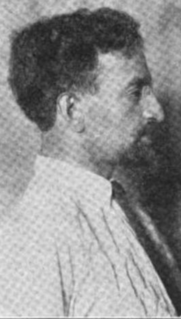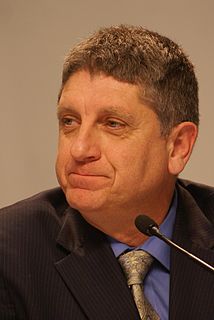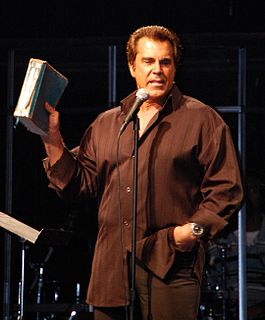A Quote by Benjamin Disraeli
A nation, as an individual, has duties to fulfill appointed by God and His moral law.
Related Quotes
MORAL LAW, Evidence of.- Man has been subjected by his Creator to the moral law, of which his feelings, or conscience as it is sometimes called, are the evidence with which his Creator has furnished him. ... The moral duties which exist between individual and individual in a state of nature, accompany them into a state of society ... their Maker not having released them from those duties on their forming themselves into a nation.
The little individualist, recognizing his individual impotence, realizing that he did not possess within himself even the basis of a moral judgement against his big brother, began to change his point of view. He no longer hoped to right all things by his individual efforts. He turned to the law, to the government, to the state.
Man, no doubt, owes many other moral duties to his fellow men; such as to feed the hungry, clothe the naked, shelter the homeless, care for the sick, protect the defenseless, assist the weak, and enlighten the ignorant. But these are simply moral duties, of which each man must be his own judge, in each particular case, as to whether, and how, and how far, he can, or will perform them.
When you say there's too much evil in this world you assume there's good. When you assume there's good, you assume there's such a thing as a moral law on the basis of which to differentiate between good and evil. But if you assume a moral law, you must posit a moral Law Giver, but that's Who you're trying to disprove and not prove. Because if there's no moral Law Giver, there's no moral law. If there's no moral law, there's no good. If there's no good, there's no evil. What is your question?
You better believe that I want to build a Christian nation, because the only option is a pagan nation. Not that the government can make someone a Christian by decree. A Christian nation would be defined as We acknowledge God in our body politic, in our communities, that the God of the Bible is our God, and, we acknowledge that His law is supreme.
God's righteousness and His unchangeable law make Christianity a stumbling block for many. Organizations and individuals carry a political and moral agenda that aims to remove all obstacles to their sin. Their goal is to 'break God's bands asunder and cast away His cords.' They counsel together to rid themselves of the law of God; anyone who preaches the gospel or stands for righteousness stands in the way of their agenda.
How so? Briefly, apart from the gospel and outside of Christ, the law is my enemy and condemns me. Why? Because God is my enemy and condemns me. But with the gospel and in Christ, united to him by faith, the law is no longer my enemy but my friend. Why? Because now God is no longer my enemy but my friend, and the law, his will—the law in its moral core, as reflective of his character and of concerns eternally inherent in his own person and so of what pleases him—is now my friendly guide for life in fellowship with God.
The strength of an individual is not in his extreme freedom and libertine lifestyle, but in the stalwartness of his character and his moral vigor. The society is made of individuals. What is true for an individual is also true for the society. A society that is not founded on moral values is doomed to fall.

































